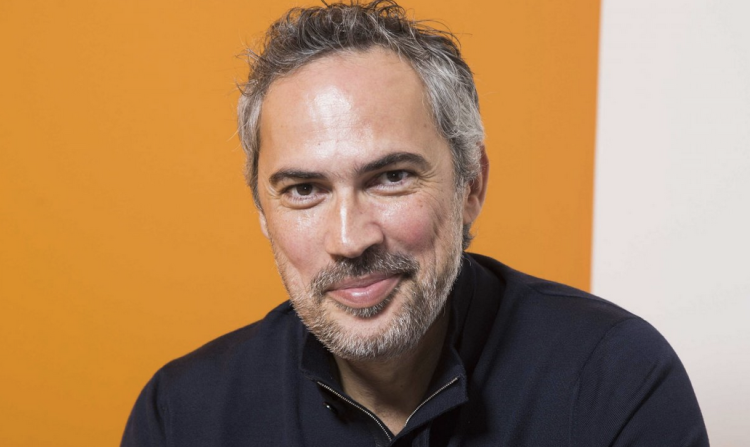Entrepreneur-in-residence (EIR) is one of those job titles you hear a lot about, but may never fully understand.
The basic idea is to have a serial entrepreneur come in to work and join the company’s meetings, working on different projects until that person comes up with a new startup idea.
 Although there’s no written rule, the company that hires the EIR often gets the first call to invest in that new startup idea.
Although there’s no written rule, the company that hires the EIR often gets the first call to invest in that new startup idea.
The EIR concept was first created by Silicon Valley venture capitalists, so most of the big firms like Accel, Andreessen Horowitz, Norwest, and Benchmark have an EIR. But it’s become so popular these days that business schools and even government agencies have similar positions, as well.
Christian Gheorghe, founder and CEO of Tidemark, spent a little over a year as an EIR at Greylock Partners. He barely spoke English when he first came to the US in the 90s, but Gheorghe has an incredibly impressive track record of starting companies.
By the time he joined Greylock’s EIR program in 2009, he had already sold his third startup for about $500 million, and was SAP’s CTO for a couple of years.
So what exactly brought him to the EIR position?
Gheorghe says he was first approached by Greylock’s partner Aneel Bhusri to come on as an EIR. The timing was perfect because Gheorghe was feeling that entrepreneurial itch again, and was looking for a new startup idea.
“I had built three companies by then, so it was the first time for me to really sit down and follow what was happening, thinking about problems around the industry,” Gheorghe told Business Insider. “It really allowed me to think from a blank sheet of paper.”
Although he wasn’t paid a lot (he says he got “nominal salary”), Gheorghe describes his time at Greylock as an “intoxicating experience.” He was the only EIR at Greylock at the time, and was allowed to join meetings and listen to pitches pretty much whenever he wanted to. He says on average he saw between 12 to 15 pitches a week.
Gheorghe spent the first six months at Greylock just thinking about new ideas, and the next six months on actually coming up with a more concrete plan for Tidemark.
“I worked very closely with Bhusri and he helped me in the early days to really focus on my own mind and incubate a new business, which was Tidemark,” Gheorghe says. “It was a great experience, because it’s almost like having 20 seasoned journalists helping you when you’re writing a new story.”
So was born Tidemark, a Siri-like cloud software that does big data analytics. The user just needs to ask a question, like “Why did last month’s sales drop?” and it answers with charts and graphs, based on real-time data. It’s almost like Google and Wolfram | Alpha combined, with customized algorithms.
Tidemark now has a rapidly growing customer-base that includes Netflix, HubSpot, and Eventbrite. It’s raised over $93 million so far, from Andreessen Horowitz, Greylock Partners, and Redpoint Ventures.
But for Gheorghe, the EIR also made him realize where his real passion lies in. “Most of the deals get rejected. But every single pitch I saw, I wanted to jump in, like I wanted to run that business,” he says. “I realized very quickly I would never be a very good VC because my instinct is to try to make something happen from nothing.”
And that’s part of the reason why Gheorghe thinks an EIR could be a challenging position for some people. Although Gheorghe loved his time as an EIR, so many people were telling him what he should do, forcing him to think in a “normal” way.
“Building a company is really an exercise of doing something that everybody thinks is un-doable, or irrational,” he says. “There’s no substitute for doing what you believe in. For me, it just solidified my resolve for what I believed was the future of analytics.”
This story originally appeared on Business Insider. Copyright 2014
VentureBeat's mission is to be a digital town square for technical decision-makers to gain knowledge about transformative enterprise technology and transact. Learn More

